the Blind Spots Illumination “Party Game”
The Blind Spots Illumination “Party Game”
My partner and I went to a Halloween party this past weekend. We were a couple of friendly entities moving about the party dressed in white. We were “Blind Spots Illuminators”, in service, and ready to play a “party game”. I’m excited to share with you on my blog, since it turned out to be a very interesting, illuminating and liberating experience for many. Maybe you can create the game for yourself and your friends!
Blind spots (defined in the context of personal development) refers to aspects of ourselves we aren’t fully conscious of. This can refer to a broad spectrum of different things — our traits, values, actions, idiosyncrasies, habits, feelings, thoughts, mannerisms, body language…They can be in the relational realm, a personal habit, or situational. If you keep finding yourself in the same life loop or situation over and over again, there may be a blind spot there to uncover. Often, others can see your blind spots, but you can’t. Also they aren’t necessarily negative traits!…
Directions for the Game:
If you’d like to uncover, celebrate or explore your personal blindspots, you can use colored paper “spots” to write down a blind spot of yours (or of an anonymous loved one 🙂) and pin them onto an Illuminator (or maybe your refrigerator if you don’t have an entity all dressed in white), where they will be worn along with other’s illuminated (and anonymous) blind spots.
You could pin one on as a celebration of your growth with a past blind spot you’ve gained more clarity about.
You could start a conversation with friends to help uncover blind spots you might not be very aware of yet. Then pin it on.
You could get creative and have fun with it in any way you like…
I encourage you to think of the pinning on as a “victory” moment. It can symbolize a step towards greater self acceptance, personal growth & compassion.
“I see myself more clearly now. I see others more clearly now. I see situations more clearly now.”
At the party, we were offering the opportunity not just to shed light, but also to bring lightness, maybe even bring humor and play to things that might be challenging. No need to get too heavy: after all, it was a party! A COSTUME party where we play with identities, so the landscape is ripe for having fun with our shadow parts.
Some examples of blind spots include:
Continually running late for appointments.
Valuing being right over being effective.
Saying "yes" to people in your life, when you would really like to say "no".
Not realizing the impact you have on other people.
Becoming impatient when the changes in your life are not happening as fast as you would like.
Not standing up for yourself in conversations as you don't like conflict.
Accomplishing something you really want, however then throwing it all away as you think you don't deserve it.
Settling for less than what you really want in your life because you think you are not worthy.
Not trusting others.
Being an over-care-taker.
I don’t believe that people could be truly attracted to me.
I don’t realize how much some people look up to me.
I don’t realize that I’m physically beautiful.
I don’t realize that I don’t make eye contact when in conversation.
I lack self confidence.
I don’t recognize the brilliance and value of my insight(s).
I’m afraid/unable/unskilled to ask for help.
I’m not aware of my mannerisms/tone of voice/how I speak/body language
I’m unreliable.
I don’t/can’t trust others.
I don’t recognize toxic situations.
I assume that it’s all my problem to fix…every problem is my problem.
I don’t realize that pleasure is my birthright.
I’m unwilling to trust the expertise of others.
I assume that I see people and situations clearly, that I know the whole story.
I’m actually not as good at listening to others as I think I am.
I don’t have blind spots.
Enjoy, friends! Deep personal work can be fun, a great conversation starter, done solo, with friends and/or, of course, with a professional, such as a life coach :)
Robin Shaw is a life coach, yoga teacher and massage therapist. She brings a somatic approach to her coaching and is passionate about the way that the body and brain support one another in deep transformational growth towards a fuller, happier, more balanced life. You can visit her website, www.flowingintowisdom.com for more information.



